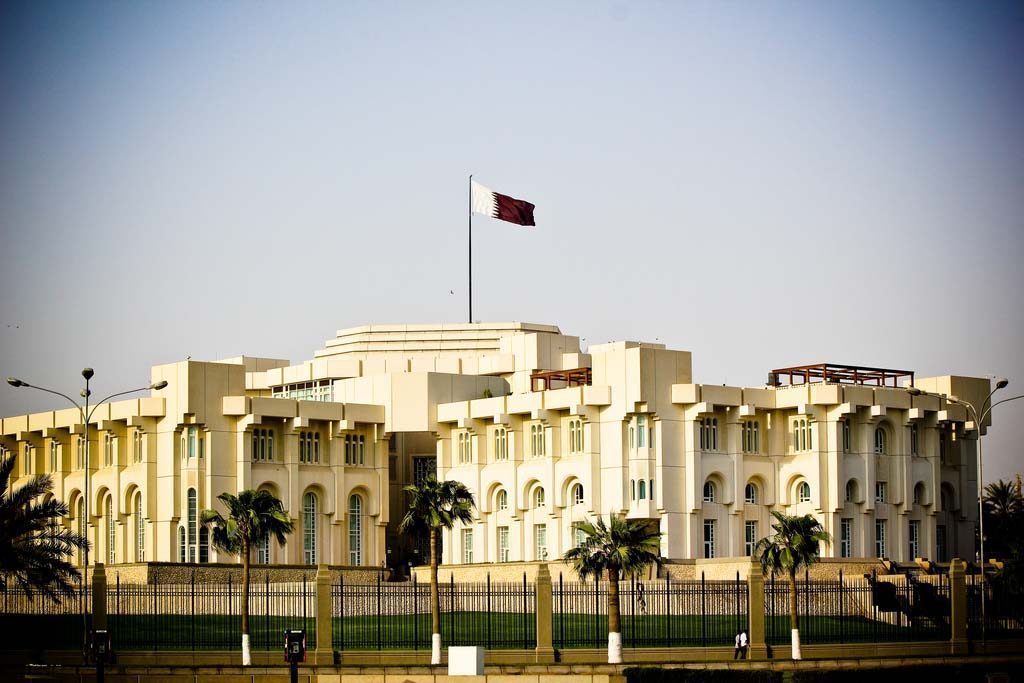
Qatar’s government could resume running budget surpluses as early as next year thanks to an expected rise in oil prices, according to one economic researcher.
BMI’s Olivier Najar told the Gulf Times this week that higher global prices for hydrocarbons, which provide the bulk of Qatar’s government revenues, could help the country’s budget balance “turn positive (next year) … without Doha having to implement wide austerity measures.”
Qatar’s government predicted that it will run a budget deficit of $12.8 million in 2016, its first shortfall in 15 years. It has also forecast another deficit in 2017 despite cost-cutting efforts.
However, a BMI report published in April predicted Qatar would run a narrow surplus of 0.7 percent of GDP next year, or roughly US$1.5 billion.
The same report said that Qatar would run a deficit this year of 2.3 percent of GDP, or approximately $4.3 billion – much smaller than what the government itself has forecast.
Qatar has attempted to reduce government spending by curtailing the budgets of state-funded organizations, which in turn have laid off thousands of expats.
The government has also reduced consumer subsidies on electricity, water and petrol.
However, these efforts still leave a large portion of government spending – namely infrastructure-related preparations for the 2022 World Cup and public-sector salaries of nationals – untouched, ratings firm Moody’s said this week.
Thoughts?







